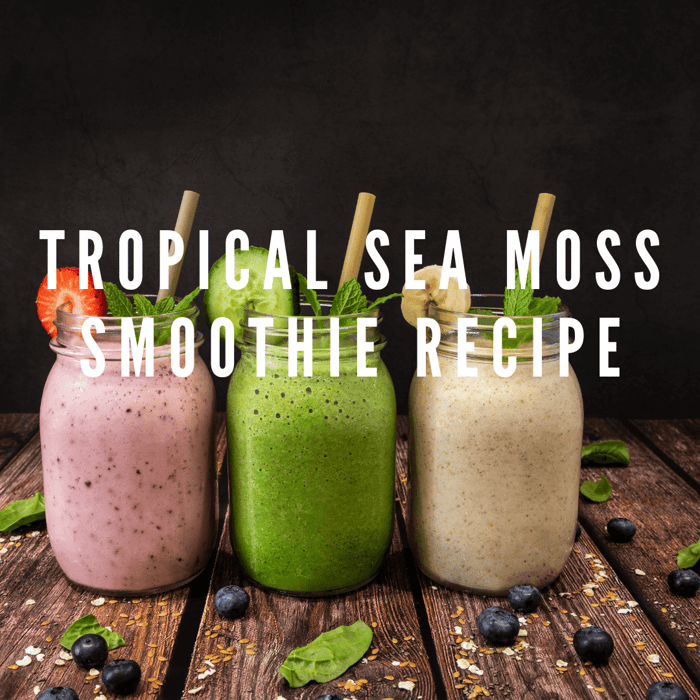"Superfoods" is a marketing term used to describe nutrient-rich foods that are believed to offer exceptional health benefits due to their high concentrations of vitamins, minerals, antioxidants, and other bioactive compounds. While there is no official scientific definition of a superfood, these foods are often recognized for their potential to support overall health and well-being. Here are some examples of foods that are commonly considered "superfoods":
1. Berries: Blueberries, strawberries, raspberries, and other berries are rich in antioxidants, vitamins, and fiber. They are believed to have anti-inflammatory and heart-healthy properties.

2. Leafy Greens: Spinach, kale, Swiss chard, and other leafy greens are packed with vitamins (such as vitamin K, vitamin A, and folate), minerals, and fiber. They are associated with various health benefits, including supporting bone health and reducing the risk of chronic diseases.
3. Nuts and Seeds: Almonds, walnuts, chia seeds, flaxseeds, and other nuts and seeds provide healthy fats, protein, fiber, and essential nutrients. They may contribute to heart health and satiety.
4. Fish: Fatty fish like salmon, mackerel, and sardines are rich in omega-3 fatty acids, which are important for brain health, heart health, and reducing inflammation.
5. Whole Grains: Quinoa, oats, brown rice, and other whole grains are high in fiber and provide complex carbohydrates, vitamins, and minerals. They may help regulate blood sugar levels and support digestive health.
6. Legumes: Beans, lentils, chickpeas, and other legumes are excellent sources of plant-based protein, fiber, and essential nutrients. They can promote fullness and contribute to a balanced diet.

7. Cruciferous Vegetables: Broccoli, cauliflower, Brussels sprouts, and cabbage are part of the cruciferous vegetable family, known for their potential cancer-fighting compounds and nutritional content.
8. Turmeric: This spice contains curcumin, a compound with anti-inflammatory and antioxidant properties. It is often used in traditional medicine and is believed to support joint health and overall well-being.
9. Green Tea: Green tea is rich in antioxidants called catechins, which are associated with various health benefits, including improved brain function and a potential reduction in the risk of certain diseases.
10. Greek Yogurt: Greek yogurt is a good source of protein, probiotics, and calcium, which can contribute to digestive health and bone strength.
11. Seaweed: Seaweed, including varieties like nori and spirulina, is nutrient-dense and can provide minerals like iodine, iron, and calcium. It is often used for its potential to support thyroid function and provide essential nutrients.
12. Avocado: Avocado is rich in healthy fats, potassium, and vitamins, making it beneficial for heart health and providing satiety.

It's important to note that while these foods are often promoted for their health benefits, no single food can provide all the nutrients your body needs. A balanced and varied diet that includes a wide range of nutrient-rich foods is key to overall health and well-being. Additionally, individual health needs and dietary preferences can influence which foods are considered "superfoods" for a specific person.
 is here! Shop now, pay later in 4 easy installments
is here! Shop now, pay later in 4 easy installments



